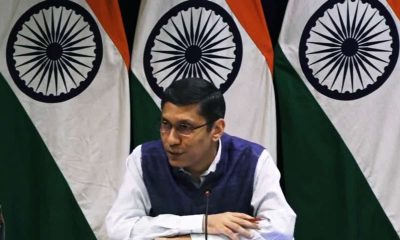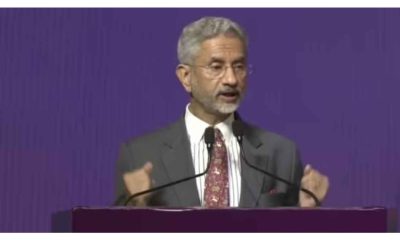Latest world news
Germany, Qatar extend support for Turkey amid US pressure
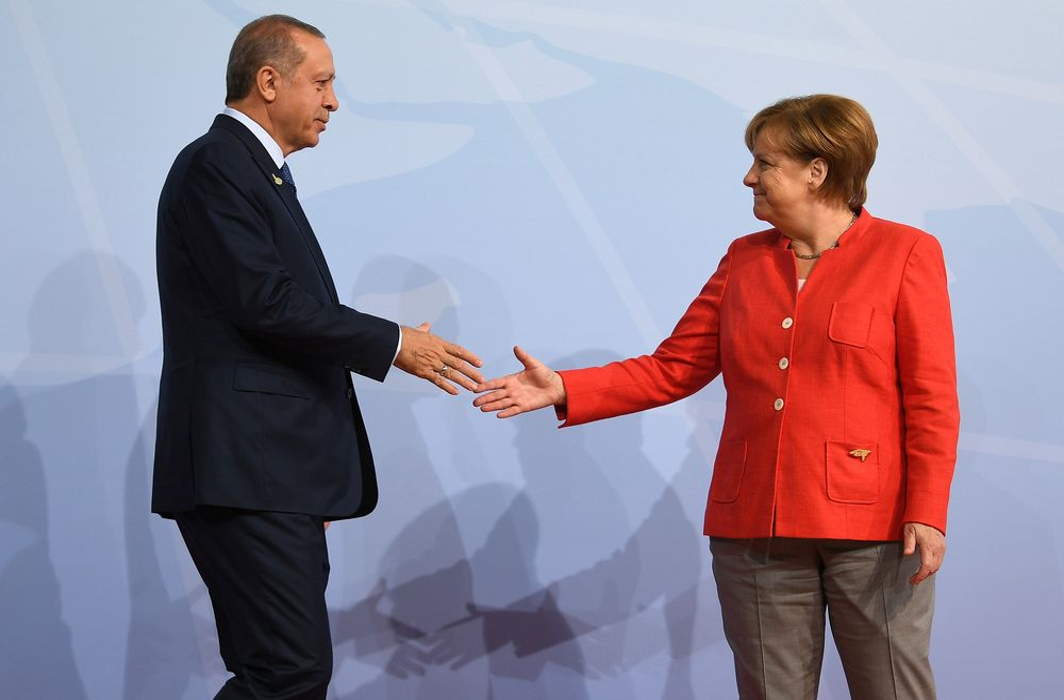
Qatar pledges $15bn in investment in Turkey
German Chancellor Angela Merkel and Qatari Emir Sheikh Tamim bin Hamad Al Thani have expressed their support for Turkish President Recep Tayyip Erdogan after escalation of tensions between Ankara and Washington.
Turkey’s official Anadolu news agency reports that in a Wednesday phone conversation with Erdogan, the German chancellor expressed her country’s commitment to strengthening its cooperation with Turkey through reciprocal visits at the highest levels.
Read More: Erdogan arrives in Qatar to discuss bilateral and regional issues
The two leaders discussed Erdogan’s forthcoming visit to Berlin scheduled for late September, and a meeting between Turkey’s Treasury and Finance Minister Berat Albayrak and Germany’s Economy Minister Peter Altmaier, due to be held in shortly.
According to US based Bloomberg network, “Germany wants Turkey to avoid a financial meltdown and can’t allow the country to descend into chaos, according to a person familiar with Merkel’s thinking who asked not to be identified discussing government deliberations. In an overture that signals normalizing relations after a series of diplomatic clashes, Germany plans to host Erdogan for a state visit on Sept. 28”.
Read More: Saudi Arabia and UAE were about to attack Qatar
Bloomberg report further says that Germany is Turkey’s biggest economic partner by far, accounting for some 37 billion euros ($42 billion) in bilateral trade last year.
About 6,500 partly or wholly-owned German companies operate in Turkey while it ranks 16th among Germany’s export markets, ahead of Japan and many smaller EU countries.
According to the sources who spoke on condition of anonymity, Merkel also underlined her country’s concern for a strong Turkish economy, repeating her Monday comments that Turkey’s economic prosperity “serves Germany’s interests”.
Read More: Iranian-Qatari leadership discuss Yemen, regional conflicts
Her remarks come as US President Donald Trump’s punitive measures against Turkey have pushed its lira into freefall and sent shudders through its financial markets.
Meanwhile, the emir of Qatar Sheikh Tamim bin Hamad Al Thani also arrived in Turkey on Wednesday on a “working” visit aimed at strengthening mutual cooperation. The emir discussed bilateral relations and ways to expand the existing strategic ties between the two sides in various fields.
Read More: Qatar’s emir: Saudi Arabia want “regime change”
According to Aljazeera and some German news networks, Qatar’s emir pledged $15 billion in direct investments in “Turkey’s financial markets and banks”, Turkish officials said.
Read More: Qatar removes products from Saudi-led quartet from market
On August 10, US President Donald Trump announced that his administration was doubling steel and aluminum tariffs on Turkey. This was considered to be the US’ reaction to Turkey´s two-year-long detention of an American pastor over terrorism charges.
In retaliation, Turkish President Recep Tayyip Erdogan raised tariffs on some American commodities, and called on Turkish people to boycott US-made electronic goods, including Apple’s iPhones.
In a related development, Russian foreign minister Sergei Lavrov, while addressing a news conference with his Turkish counterpart in Ankara, on Wednesday, said that Russia has been exploring for some time using national currencies to settle bilateral trade deals with Turkey and other countries.
He said, “Identical processes have been happening in our relations with Iran. Not only with turkey and Iran, we’re also arranging and already implementing payments in national currencies with People’s Republic of China.”
On Saturday, Turkish President Recep Tayyip Erdogan had announced that his country was preparing to conduct trade through national currencies with China, Russia and Ukrain.
Iran and Trukey came forward to help Qatar after Saudi Arabia, Bahrain, UAE and Egypt severed their ties with Qatar in June 2017. Closure of Turkish military base in Qatar was one of the demands put forwarded by the Saudi-led quartet.
Latest world news
Bigg Boss 14 contestant Rahul Vaidya struggles walking in knee deep water, compares Dubai rains with Mumbai floods
Singer and TV personality Rahul Vaidya was recently stranded in the Dubai rains.

Rahul Vaidya, who was in Dubai ahead of his show which was scheduled to take place today, left the country due to heavy rains and reached Kolkata. The artist shared on social media his encounters in the UAE city, including challenges like walking through knee-deep water. Rahul provided an update regarding the heavy rainfall in Dubai on his Instagram profile.
The Bigg Boss 14 contestant revealed that he was in Kolkata and prepared to do an evening performance. Recalling the terrifying period he went through, Vaidya said there was a lot of confusion and panic in Dubai. The situation was similar to that when heavy floods hit Mumbai in 2005.
Vaiday also posted seval other images and videos of cars that were underwater and flooded roadways. The Bigg Boss 14 contestant, who shared his ordeal, claimed that even though it had just rained for two hours, the situation was dire.
In one of the video, which went viral he can be seen struggling in walking in knee-deep water. He can be also seen holding his sneakers in one hand and with other hand he was seen managing other things.
This is the result of the two hours of rain that it had, he can be heard saying in the video. Vidya also said he dosen’t believe Dubai is accustomed to a lot of rain. Everything had stopped working, he remarked.
After taking part in the first season of the singing reality show Indian Idol, Rahul Vaidya gained widespread recognition. In addition to Bigg Boss, he took part in Khatron Ke Khiladi 11.
Meanwhile, heavy rains that triggered flooding in the UAE and Bahrain, which left 18 people dead in Oman on Sunday and Monday, have paralyzed the financial hub of the Middle East, Dubai.
A lot of incoming flights were diverted from Dubai’s international airport because of the rain. At 7:26 p.m., the busiest airport in the world for foreign visitors stopped accepting new arrivals; a gradual resumption was announced for more than two hours later.
Images of planes navigating flooded tarmacs are making the rounds on social media.
According to pictures shared on social media, the flagship malls Dubai Mall and Mall of the Emirates both experienced heavy floods, while at least one Dubai Metro station had water up to the ankles.
There were several road collapses, severe flooding in residential areas, and numerous reports of leaks from windows, doors, and roofs.
Due to the unfavourable weather, schools around the United Arab Emirates were forced to close, and as more storms are predicted, the closures are anticipated to last until Wednesday. The government of Dubai allowed its staff to work remotely till this Wednesday.
Latest world news
Dubai sky turns green during storm in UAE, video goes viral
The UAE witnessed record-breaking rainfall on Tuesday and the National Centre of Meteorology recorded 254 mm of rainfall in less than 24 hrs in the Khatm Al Shakla area in Al Ain.

1 person was killed in UAE as it witnessed heavy rainfall on Tuesday, stranding commuters, flooding roads, disrupting trains and flights and resulting in water leakage from mall ceilings. The UAE witnessed record-breaking rainfall on Tuesday and the National Centre of Meteorology recorded 254 mm of rainfall in less than 24 hrs in the Khatm Al Shakla area in Al Ain. It is being said that the rainfall was the highest documented since the start of data collection in 1949.
The heavy rainfall in UAE came days after a similar situation in neighbouring Oman, where 13 people were killed in flash floods. Many parts of Oman saw torrential rains, which caused students to be trapped in buses and swept away motorists and trapped people in their homes.
Videos from Dubai circulating on social media showed widespread waterlogging on roads in Abu Dhabi, Dubai and other important cities. This left daily commuters in cars and other vehicles struggling to get back home. Dubai metro station too was seen flooded and closed.
One such video circulating on social media shows the aerial view of the city of Dubai from the top of a building. In the video the stormy winds are seen blowing over the city of Dubai. As the storm intensifies the Dubai sky turns green and ultimately gets covered by heavy rainfall. The video has gone viral on social media with more than 1.1 million views.
Another video showed water leakage from the ceilings of shopping malls, flooding the floors and destroying goods. A video which was shot in the famous Mall of the Emirates, showed pieces of ceiling falling as the rainwater gushed inside. Videos from many outlets of the Deira City Centre mall chain showed escalators being rendered unusable. Majid Al Futtaim, the company which owns the Mall of Emirates, said that the shopping complexes have been kept open and the customers are being sent away from the flooded areas.
India News
Sri Lankan Minister Douglas Devananda says statements on reclaiming Katchatheevu island from Sri Lanka have no ground
Devananda told the media on Thursday that it is not unusual to hear such claims and counterclaims about Katchatheevu as elections are taking place in India.
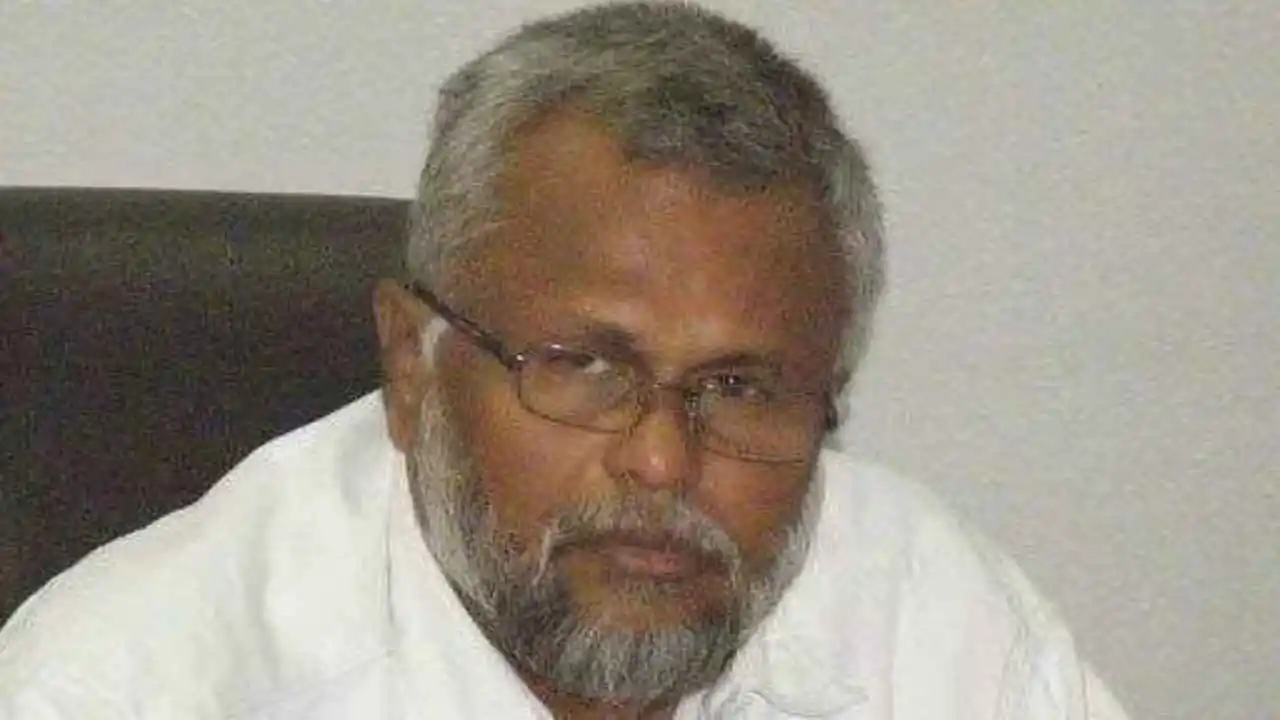
Sri Lankan Minister Douglas Devananda has said the statements from some political leaders in India on reclaiming Katchatheevu from the island nation have no ground. He told the media on Thursday that it is not unusual to hear such claims and counterclaims about the strategic island as elections are taking place in India.
The Sri Lankan Minister said he thought India is acting on its interests to secure this place to ensure Sri Lankan fishermen would not have any access to that area and that Sri Lanka should not claim any rights in that resourceful area. According to the 1974 agreement, Devananda said Indian and Sri Lankan fishermen can go fishing in the territorial waters of both countries until the pact was reviewed and amended in 1976.
The amended agreement resulted in fishermen from both countries being barred from fishing in neighboring waters. India’s ministry of External Affairs (MEA) on Thursday steered clear of the row surrounding Katchatheevu island. To a volley of questions on the Katchatheevu issue, MEA spokesperson Randhir Jaiswal reffered to External affairs Minister S Jaishankar’s recent comments on the matter.
He said he would like to talk about the issue that has been raised. He added the External Affairs minister has spoken to the press here in Delhi and also in Gujarat and has clarified all the issues. He said everyone should look into the press engagements and they would find the answers to their questions there.
The remarks from Devananda, a Sri Lankan Tamil, came days after the Narendra Modi government accused the Congress and its ally DMK in Tamil Nadu of overlooking national interests by handing over Katchatheevu island to Sri Lanka in 1974. The BJP has also been slamming the 2 parties for not ensuring the rights of the fishermen wanting to fish in waters around the island.
-

 LATEST SPORTS NEWS12 hours ago
LATEST SPORTS NEWS12 hours agoIPL 2024: Delhi Capitals thrash Gujarat Titans by 6 wickets
-
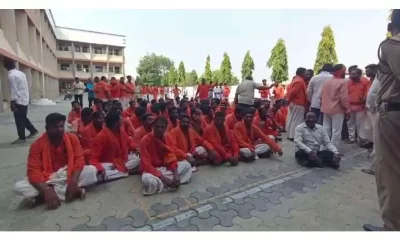
 India News9 hours ago
India News9 hours agoReligious outfit vandalises The Blessed Mother Teresa High School in Telangana after teachers object to students wearing Hanuman Deeksha dress
-

 Entertainment8 hours ago
Entertainment8 hours agoBollywood stars Vidya Balan, Kartik Aaryan, Pratik Gandhi, Ileana D’Cruz, Mouni Roy, Radhika Madan, Mrunal Thakur attend Do Aur Do Pyaar premiere
-

 India News11 hours ago
India News11 hours agoClashes erupt during Ram Navami procession in West Bengal’s Murshidabad district
-

 Cricket news6 hours ago
Cricket news6 hours agoHappy Birthday KL Rahul: Suniel Shetty wishes son-in-law KL Rahul on his 32nd birthday
-
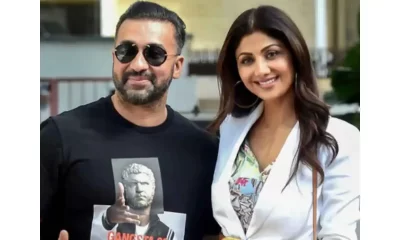
 India News5 hours ago
India News5 hours agoEnforcement Directorate seizes Shilpa Shetty’s husband Raj Kundra’s properties worth Rs 97 crore
-
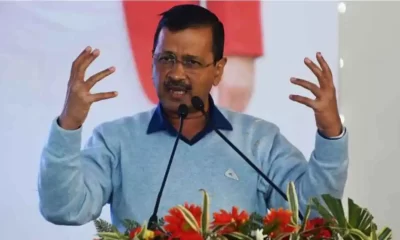
 India News4 hours ago
India News4 hours agoEnforcement Directorate says Arvind Kejriwal is deliberately eating mangoes, sweets, taking sugar with tea to increase his blood sugar level and create ground for bail









